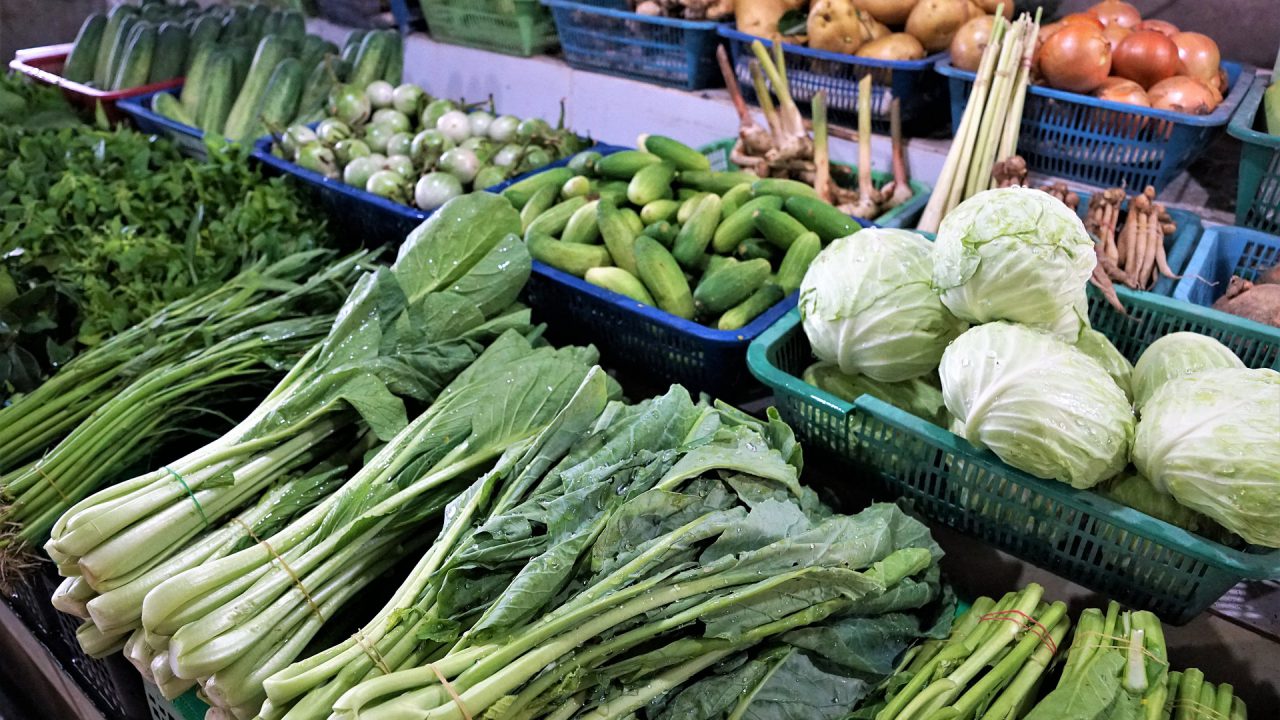Ireland’s first Agri-Food Regulator, which was established to promote “fairness and transparency” in the agri-food supply chain, has just passed its first official quarter in operation.
The office, which was formally established by the Minister for Agriculture, Food and the Marine on December 13, 2023, has met with a number of key industry stakeholders including farm organisations in the months since it was set up.
During these meetings farm organisations have repeatedly urged its chief executive, Niamh Lenehan, to ensure that the office “makes a difference” particularly in relation to food price transparency.
One of the key issues for farmers is the disparity between the price they receive and the price on the supermarket shelves and which the consumer ultimately pays.
Another ongoing concern for farmers is the supermarket practice of discounting Irish home grown and produced food.
According to the president of the Irish Farmers’ Association, Francie Gorman, this is exactly what has happened in the run up to Easter this year.
He said there were many cases of vegetables, potatoes and lamb all being sold below the cost of production.

Gorman said for farmers who have been battling very difficult weather conditions this is simply “morally wrong”.
“The price of spring lamb coming up to Easter is a case in point. Retailers were trying to pull the rug from underneath the lamb trade and drag down the price to farmers and they’ll tell you that they were carrying the cost of it – but they weren’t. It is always farmers who carrying the cost of it.
“We see it at different times of the year – in the run up to Christmas and at all the holiday weekends, there is a huge discount for example on vegetables, on carrots, broccoli, potatoes and it is all to get people into the shops to buy other stuff,” Gorman added.
IFA
The IFA, the Irish Creamery Milk Suppliers’ Association (ICMSA) and the Irish cattle and Sheep Association (ICSA) have all criticised the Government’s decision not to introduce new legislation which would prohibit the practice of below-cost selling.
According to Gorman the Government missed an opportunity to do this with the Agricultural and Food Supply Chain Act 2023.
As a result it is currently it is not within the remit of the Agri-Food Regulator’s office to address below-cost selling in Ireland.
However Gorman believes that this should be reviewed.
“The Government could put it in this office’s remit.
“I think the Agri-Food Regulator can make a difference – and the office can certainly make a difference by naming and shaming organisations, that’s Niamh Lenehan’s greatest power,” the IFA president added.
ICMSA
The ICMSA also believes that the new regulator has “an opportunity to make a real difference” but it believes that the key initial test for the office centres on food price transparency.
According to the president of the ICMSA, Denis Drennan, farmers needs to see “results” from the Agri-Food Regulator’s office.
“We know there has been a lot of consultation going on but as farmers we need to see transparency in the whole food chain and we would be hoping in the next month or two that we will see some results on that from the Agri-Food Regulator.
“It is hugely frustrating that there is still no transparency on prices – we see figures coming out from Teagasc on how much it costs exactly to produce a litre of milk but it goes into a hazy fog then between that and when the consumer buys it as butter, cheese or fresh milk.
“We have to see if Agri-Food Regulator’s office is going to work – there is no point in having it in place for months and nothing coming from it so we hope to see some transparency being shed on the whole food chain process here,” Drennan added.
ICSA
But until tangible results are seen it may be the optimum time according to the ICSA beef chair, John Cleary, for the Agri-Food Regulator’s office to provide an update on the work it has been doing to date in 2024.
“We have met with Niamh Lenehan and we know that she is working on establishing her team and meeting other stakeholders but farmers do want to see productivity from the regulator, they want to know how she is progressing on delivering transparency in the food chain.
“Farmers would welcome an interim statement on exactly how the office is addressing their concerns and outline what she is going to be working on over the next six to eight months,” Cleary said.
